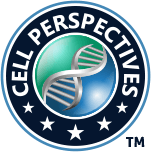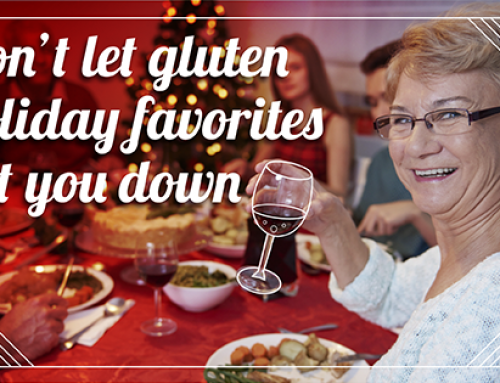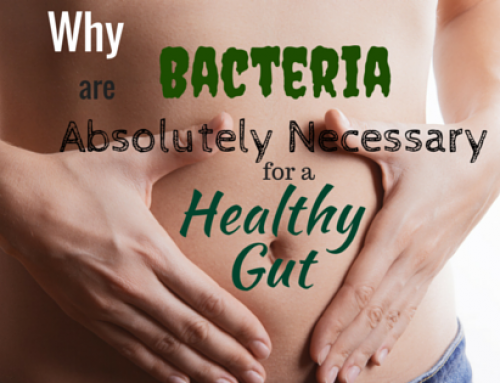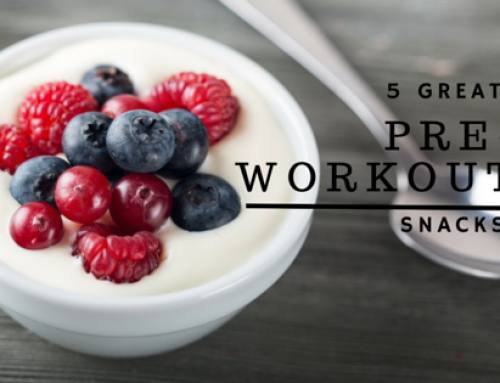Contrary to popular opinion, eating after a workout can actually help you lose weight. Lauren Anonucci, Registered Dietitian, Board Certified Specialist in Sports and President of Nutrition Energy in NYC, explains that your muscles are particularly “receptive to restocking and restoring fluids and nutrients” during the half-hour immediately following your workout. She went on to explain that our muscles break down during a workout and that resting and refueling these muscles allows them to grow back stronger.
Immediately after exercising, your metabolism is higher than it normally would be. You can take advantage of this by eating within a half hour of exercising. This will aid your muscles in recovering from your workout and growing stronger and, because of your temporarily high metabolism, those calories will be burnt quickly and used to heal and strengthen muscle rather than being converted to fat. More muscle, of course, translates to more fat burnt.
Eating soon after exercise also helps you lose weight indirectly. Promptly eating healthy food after your work means that your muscles will heal faster, minimizing stiffness and soreness and allowing you to get a better workout next time.
Neglecting to eat after exercising is unlikely to help you lose weight in the long run because you will still have to eat eventually; waiting merely causes the calories consumed to be used for fat storage rather than muscle, and increases the temptation to binge on junk food.
Simply put, your need for nutrients after exercising does not mean that you should eat an unlimited amount of food, or that you should eat any food that you happen to find handy. Complex carbohydrates and proteins are especially important after a workout. Andrea Hacker Thompson, MS, RD, of the ACSM Fit Society page suggests that the carbohydrate-to-protein ratio should be 2:1 after short, low-to-moderate intensity workouts or 3:1 after long, high-intensity workouts.
Perhaps most importantly, remember to drink plenty of water after you finish your workout. One way to find out how much water you need is to weigh yourself before and after your workout and to drink 20-24 ounces of water for every one pound lost.
You should avoid consuming fatty foods after a workout. Fat slows down digestion – the opposite of your goal in this situation. Instead, immediately after a workout you need foods containing fast-digesting proteins and carbs.
Great sources of quick protein include premade whey protein shakes, homemade protein smoothies, and chocolate milk. You should try to consume about 0.15 to 0.25 grams of protein per pound of body weight unless you are trying to lose a substantial amount of weight. In that case, you should consume an amount of protein equal to your target bodyweight, rather than your current bodyweight.
Most people will need to consume 0.25 to 0.4 grams of complex carbs per pound of bodyweight. If you are overweight, again, you should consume carbs equal to your target bodyweight – not your current bodyweight. Fruits, raw vegetables, and whole grain crackers or bread are all good sources of carbohydrates.
Other healthy post-workout food options include bagels with peanut butter, eggs or natural nutrition bars. If you wish to lose weight, regardless of what you eat, simply avoid consuming more calories than you burnt in your workout.
Disclaimer
These statements and products have not been evaluated by the food and drug administration “FDA” and are not intended to diagnose treat, cure or prevent any disease. The products, nutrition, and or lifestyle suggestions on this site, or in this blog or any of its written content, you should always consult your primary care physician before taking any of these things into consideration.







